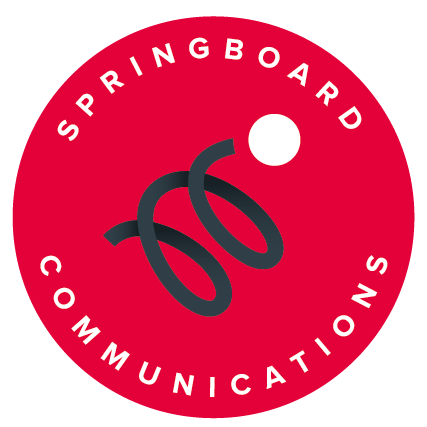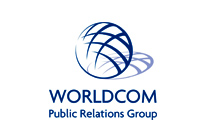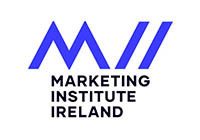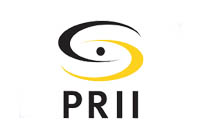
The Importance of Integrated Communications
A version of this article in which Susie Horgan of Springboard PR & Marketing is quoted appeared in the Sunday Business Post.
Success in global markets requires a strategic approach to PR and advertising. Many companies from SME’s to larger corporations, are falling into the pitfall of failing to manage the marketing of their business to give them the grounding they need for local and international success.
According to Susie Horgan, director of Springboard PR & Marketing “clients from across industry sectors regularly ask how and what they should do to position themselves for the international market.”
“It’s crucial that companies build and know their brand and have a consistent and integrated communications and marketing strategy that optimises their positioning and profile not just in Ireland but abroad. It’s this
strategy that will help give them the foothold, sustainability and success they desire overseas.”
Susie Horgan has worked with national and international clients helping companies to build their brands from start-up to launch-stage and beyond.
She believes the key to company success and expansion is to stay true to the corporate brand and vision and to align communications and marketing with this.
“This sense of corporate identity is built from the ground up through internal and external communications channels.
“The risk that companies often take, knowingly or otherwise, is to neglect their communications and marketing strategy to focus on business growth and development when in reality the two go hand in hand.”
Having a professional and positive profile is also key to a company’s successful internationalisation.
“In the ever-changing technology landscape, it is vital for companies to position themselves as thought-leaders in their field and present their company professionally both on-line and externally as attractive for investment, consumers and staff.
“Companies can have a great product, but if a potential client researches their company and find their online presence lacking it can be a deal-breaker.”
Good quality and professional marketing material that covers owned, paid and earned media such as websites, LinkedIn and Twitter, blogs, advertorials and traditional media coverage are all part of a brand’s positioning and profile.
It is also important for companies to capitalise on media exposure and to use their good news stories wisely.
“Companies might be able to sell their products and services, but they often can’t sell themselves which is where the role of PR comes in. It is vital that companies realise that communication and publicity are borderless,” explained Ms Horgan.
“Knowing how to capitalise and optimise on milestones, good news stories and events is imperative; so too is planning and having a strategic approach to PR and advertising. Ad-hoc advertising can be costly and
ineffective.”
The changing technology landscape, allied with instant and accessible social media, poses both risks and benefits to companies and their brand reputation.
“Social media channels have their benefits in terms of boosting company profile and reaching a larger target audience, but also pose downfalls and risks, especially for a company’s ability to manage its
reputation.
“Now more than ever, it’s important to have communication, marketing, social media and crisis management,” Ms Horgan concluded.
For more stories like this sign up for our Insights newsletter ›
BACK TO TOP









